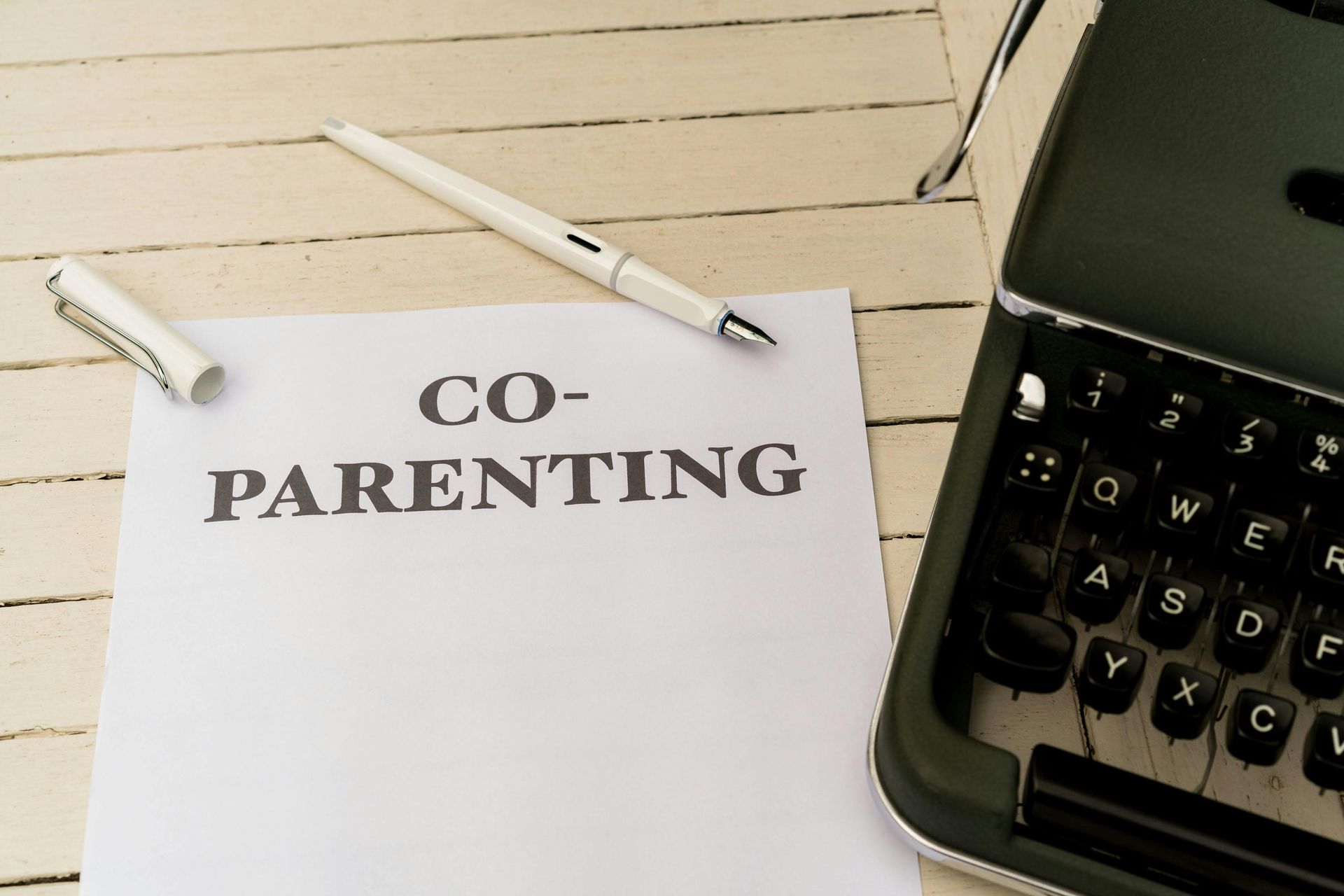How Long Does a Divorce or Child Custody Court Case Last in the U.S.?
When families face divorce or child custody disputes, one of the most common questions is: “How long will this take?” Unfortunately, there isn’t a one-size-fits-all answer. The duration of a divorce or custody case in the U.S. depends on many factors, including the state where you file, whether the case is contested, the complexity of the issues, and the court’s schedule.
In this blog, we’ll break down the average timelines, key factors that affect case length, and what families can expect when going through these emotionally challenging legal processes.
---
Average Timeframe for Divorce Cases in the U.S.
Divorce cases vary widely in length. On average:
· Uncontested divorce: 3 to 6 months
· Contested divorce: 12 to 24 months (sometimes longer)
An uncontested divorce means both spouses agree on all key issues, such as property division, child custody, child support, and spousal support. Because there are no disputes to resolve, uncontested divorces are usually quicker.
On the other hand, a contested divorce involves disagreements, which can significantly delay the process. If spouses cannot agree, the court must step in to make decisions, which adds months or even years to the case.
---
Factors That Affect How Long a Divorce Lasts
Several factors can influence the duration of a divorce case in the U.S.:
1. State Waiting Periods
Some states impose mandatory waiting periods before a divorce can be finalized. For example:
· California requires a six-month waiting period after filing.
· Texas has a 60-day waiting period before finalization.
Even if both spouses agree on everything, you cannot finalize the divorce until that waiting period expires.
2. Contested vs. Uncontested Issues
The more issues in dispute, the longer the divorce will take. Contentious matters like property division, alimony, and custody can extend the case significantly.
3. Court Backlogs
Court availability plays a major role. In busy jurisdictions, hearing dates can be scheduled months apart, which delays resolution.
4. Complex Finances or Assets
High-net-worth divorces involving businesses, investments, or multiple properties take longer because assets must be properly valued and divided.
5. Mediation and Settlement Negotiations
If spouses agree to mediation, the divorce may move faster, but if mediation fails, the process can stretch out even longer.
---
Average Timeframe for Child Custody Cases
Child custody cases can move alongside divorce proceedings or as separate legal actions. The average timeline for custody cases in the U.S. is:
· Uncontested custody cases: 3 to 6 months
· Contested custody cases: 9 months to 2 years
Just like with divorce, the level of agreement between parents heavily impacts how long the case lasts. If both parents can agree on a parenting plan, the case may be resolved fairly quickly. However, if the dispute requires multiple hearings, custody evaluations, and expert testimony, it may take years.
---
Factors That Affect How Long a Custody Case Lasts
1. Level of Parental Conflict
Cases where both parents cooperate can be resolved much faster. If parents fight over primary custody, visitation, or decision-making rights, the court must carefully evaluate the child’s best interests.
2. Custody Evaluations
In contested cases, the court may order custody evaluations by psychologists or social workers. These evaluations can take several months to complete and often delay proceedings.
3. Emergency Motions
In urgent cases where a child’s safety is at risk, courts can issue temporary custody orders quickly. However, final custody decisions still take time.
4. Guardian ad Litem (GAL) Involvement
Some courts appoint a guardian ad litem to represent the child’s best interests. While this ensures fairness, it also adds extra steps and time to the process.
5. Appeals and Modifications
Even after a custody ruling, one parent may appeal or request modifications, which can further extend the case.
---
Divorce and Custody Together: How Timelines Interact
When divorce and custody are handled together, the process can become longer and more complex. Courts prioritize child custody and support because they directly impact a child’s well-being. If the parents cannot agree, the divorce cannot be finalized until custody matters are resolved.
This often means a contested custody case may stretch out the entire divorce timeline. In fact, custody disputes are one of the main reasons contested divorces can last several years.
---
Temporary Orders During the Process
Because divorce and custody cases can take months or years, courts often issue temporary orders to provide stability while the case is pending. These orders can address:
· Temporary child custody and visitation
· Child support payments
· Spousal support (alimony)
· Use of the marital home
Temporary orders remain in place until a final judgment is issued, ensuring children and spouses have structure and financial stability during the case.
---
How to Speed Up the Process
While you cannot control everything, there are steps that can help shorten the timeline:
1. Pursue Mediation or Collaborative Divorce – Settling outside of court can save months or even years.
2. Be Organized – Gather financial documents, tax returns, and parenting schedules early.
3. Focus on the Child’s Best Interests – Courts look favorably on parents who prioritize cooperation over conflict.
4. Hire an Experienced Family Lawyer – Skilled attorneys can navigate delays and push the case forward.
5. Avoid Unnecessary Litigation – Fighting over minor issues can extend the case unnecessarily.
---
When Divorce or Custody Cases Take Years
Some cases unfortunately last 3 to 5 years or more. This is more common when:
· There are allegations of abuse or neglect.
· Parents accuse each other of being unfit.
· The case involves complex financial disputes.
· Multiple appeals are filed after the initial ruling.
Although lengthy cases are stressful, courts move carefully to ensure decisions serve the child’s best interests and provide a fair resolution.
---
Conclusion: Expect Patience, but Seek Efficiency
Divorce and child custody cases in the U.S. can last anywhere from a few months to several years. Uncontested cases tend to move quickly, while contested disputes—especially those involving children—take much longer.
While the legal process may feel overwhelming, families can take steps to speed things up by seeking cooperation, preparing documentation early, and working with an experienced family law attorney.
At the end of the day, while timelines may vary, the ultimate goal of the court is to ensure a fair resolution that protects both parties’ rights and prioritizes the well-being of the children
More Family Law Blogs
by Anne Harvey









